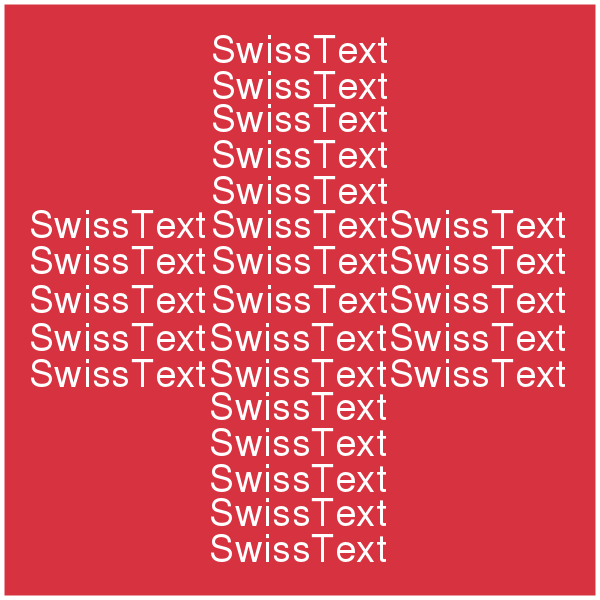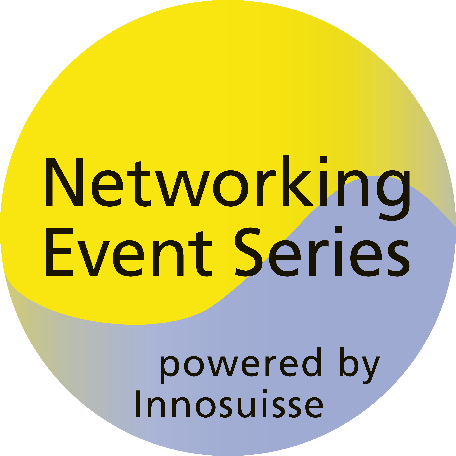OpenDF tutorial
Despite the rapid advancements in end-to-end machine learning methods for solving various NLP problems, they are often unsuitable for practical commercial dialogue systems, due to lack of large enough dialogue datasets for training, and the inherent difficulty of forcing a black box model to stay “on-script”. As a result, many commercial dialogue systems still use flat intents-and-entities to extract and represent the meaning of user requests (which has limited representation power), and a state-machine based approach to track the dialogue state (which is notoriously difficult to scale up for large applications).
To address these problems, Microsoft’s Semantic Machines has introduced the Dataflow dialogue paradigm, which uses computational (hierarchical) graphs to both represent user requests and track the dialogue state. Key features of their suggested approach are the native ability to handle references to past dialogue turns, and to reuse and modify previous requests – both are essential elements in natural human dialogues. In parallel, they also released a large task-oriented dialogue dataset (SMCalFlow), with natural human conversations, annotated using the Dataflow format.
Unfortunately, Semantic Machines did not release their implementation of the dataflow execution engine, which made it difficult for researchers and developers to experience building of Dataflow dialogue systems. In order to remove this obstacle, we have implemented and released OpenDF https://github.com/telepathylabsai/OpenDF .
In this workshop, we would like to introduce the audience to writing Dataflow dialogue applications using OpenDF.
Tentative Outline
After a quick introduction of the dataflow paradigm concepts and benefits, we’ll go on to explain how dialog applications are implemented in OpenDF. We will show how to create new Dataflow “nodes”, how to run them, and how to combine them into computational graphs to perform complex tasks.
The workshop does not suppose any pre-knowledge of the Dataflow dialogue aproach, but it assumes knowledge of Python.
It will be a hands-on workshop, encouraging active audience participation, including exercises where the audience will have the chance to write Dataflow code using OpenDF.
For workshop participants
The workshop will include exercises for participants to write and execute dataflow commands. We encourage participants to install the OpenDF package before the workshop. Please follow the installation (and test) instructions at https://github.com/telepathylabsai/OpenDF
The workshop will go through some of the examples in the OpenDF tutorial at https://github.com/telepathylabsai/OpenDF/blob/main/tutorial/app_dev_tutorial.pdf. Interested participants may want to refer to this tutorial.
For any questions, please contact us at:
Organizers
Joram Meron, Victor Guimarães @ Telepathy Labs Zurich

